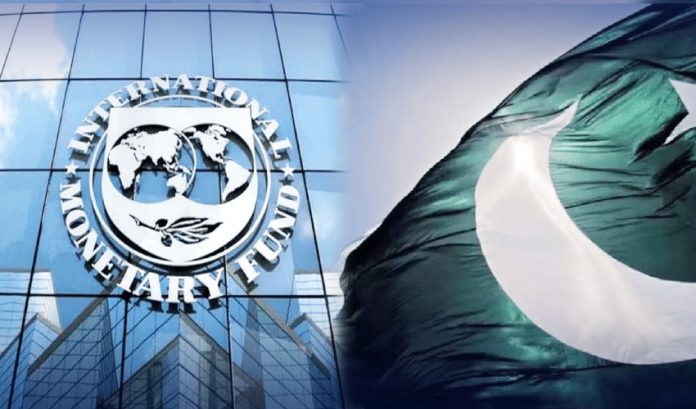WASHINGTON: The International Monetary Fund (IMF) has emphasised the “continued protection of the most vulnerable” sections of Pakistani society and accelerating structural reforms as means to achieve strong, long-term inclusive growth.
It also stated that priorities should “include advancing the reform of state-owned enterprises (SOEs), including to ensure that all SOEs fall under the new policy framework; strengthening governance and anti‑corruption institutions; and continuing to build climate resilience”.
A day earlier, the Fund granted its approval for the disbursement of the final loan tranche, amounting to $1.1 billion, under the Stand-By Arrangement (SBA). The approval signalled the successful conclusion of the second bailout package within eight years.
In a statement released following the approval, the IMF said that the completion of the second review reflects the “authorities’ stronger policy efforts under the SBA, which have supported the stabilization of the economy and the return of modest growth”.
“To move Pakistan from stabilization to a strong and sustainable recovery the authorities need to continue their policy and reform efforts, including strict adherence to fiscal targets while protecting the vulnerable,” said the statement.
The latest approval has brought the total disbursements under the arrangement to about $3 billion.
“A market-determined exchange rate to absorb external shocks; and broadening of structural reforms to support stronger and more inclusive growth,” the press release added.
Pakistan’s nine-month SBA, approved by the Executive Board on July 12, 2023, successfully provided a policy anchor to address domestic and external imbalances as well as a framework for financial support from multilateral and bilateral partners.
During the staff-level discussions, Pakistan assured the IMF that it would “continue with the timely implementation of power and gas tariff adjustments to keep average tariffs consistent with cost recovery while protecting the vulnerable through the existing progressive tariff structures, thus avoiding any net circular debt accumulation in FY24”.
Following the latest loan approval, the Pakistan Stock Exchange (PSX) on April 29 came under heavy selling pressure as the KSE-100 index slumped nearly 1,050 points amid uncertainty surrounding the State Bank of Pakistan (SBP)’s policy rate announcement.
Currently, SBP has left its key policy rate unchanged at a record high of 22% for the seventh consecutive time, meeting market expectations.
Despite a decrease in the inflation rate to a 20-month low of 20.7% in March, resulting in a positive real policy rate of 1.3% after several years, the central bank has chosen to maintain its tight monetary policy. –Agencies




